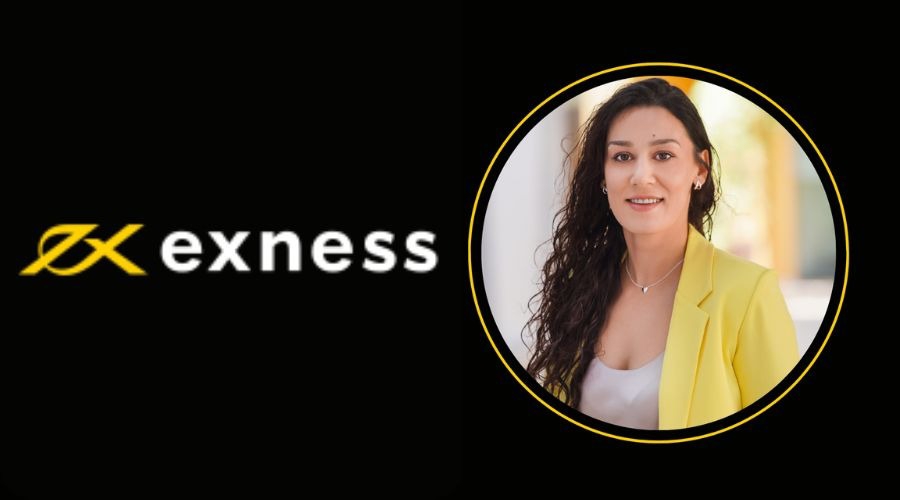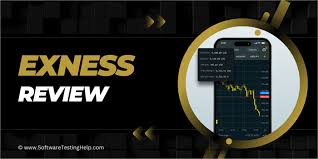Can I Trade on an Online Platform Insights and Tips
المحتويات

Can I Trade on an Online Platform? Insights and Tips
Trading has evolved dramatically in recent years, thanks in great part to the rise of online platforms. Today, aspiring traders and investors often find themselves asking, “Can I trade on an online platform?” The answer is a resounding yes. However, the journey into online trading can be intricate and requires an understanding of various factors, including the types of platforms available, the assets you can trade, and essential trading strategies. For a comprehensive overview of online trading, you can visit can i trade on an unverified account exness https://extrade-broker.com/. This resource can provide valuable insights into choosing the right platform and maximizing your trading experience.
Understanding Online Trading Platforms
Online trading platforms are digital environments that enable users to buy and sell various financial assets. These platforms come in many forms, including brokerages, forex platforms, and cryptocurrency exchanges. Choosing the right platform is critical for successful trading. Investors should consider factors such as regulatory compliance, ease of use, fees, and the variety of trading instruments available.
Types of Trading Platforms
There are primarily three types of trading platforms available today:
- Brokerage Platforms: These are traditional online brokerages offering stocks, ETFs, options, and mutual funds. They often provide educational resources and research tools, making them ideal for beginners.
- Forex Platforms: These platforms specialize in currency pairs and are popular among traders who seek to profit from fluctuations in exchange rates. Forex trading typically involves high leverage, which can amplify both profits and losses.
- Cryptocurrency Exchanges: As digital currencies have gained popularity, numerous exchanges have emerged, allowing users to buy, sell, and trade cryptocurrencies. These platforms often feature advanced security measures and varying fees based on trading volume.
Identifying Trading Opportunities
Now that we have established that you can trade on an online platform, the next question is, how can you identify profitable trading opportunities? Success in trading often hinges on effective market analysis and strategy development.
Fundamental Analysis
Fundamental analysis involves evaluating a company’s financial health through its earnings reports, market position, and economic indicators. This approach is particularly useful for stock traders looking to invest in long-term gains. By understanding the broader economic environment and market sentiment, traders can make more informed decisions about when to enter or exit a trade.
Technical Analysis
On the other hand, technical analysis focuses on price movements and trading volume, employing charts and statistical indicators to forecast future price activity. Technical traders use various tools, such as moving averages and relative strength indexes (RSI), to identify trends and potential reversal points.

Creating a Trading Plan
A well-defined trading plan is essential for any trader’s success. It serves as a roadmap, guiding your trading actions and ensuring consistency in your approach. Here are key components to consider:
- Trading Goals: Define clear and realistic financial goals. Whether you aim for additional income or long-term wealth accumulation, knowing your objectives helps shape your strategy.
- Risk Management: Identify the level of risk you’re willing to take on each trade. Successful traders often recommend not risking more than 1-2% of your trading capital on a single trade.
- Entry and Exit Strategies: Determine the criteria you will use to enter and exit trades. This can be based on market analysis, price targets, or specific signals.
- Review and Adjust: Regularly review your trading performance and adjust your plans as necessary. Being adaptable is crucial in the ever-changing financial markets.
Choosing the Right Broker
As you ponder the question of whether you can trade on an online platform, choosing the right broker becomes vital. A reputable broker should be well-regulated and provide a user-friendly platform, educational resources, and responsive customer support.
Check for reviews and ratings from other traders, as well as verifying the broker’s regulatory status. Consider factors like trading fees, spreads, and the types of instruments offered. Some brokers also provide demo accounts, allowing you to practice trading without risking real money.
Embracing the Learning Curve
New traders often underestimate the learning curve associated with online trading. Familiarizing yourself with market mechanics and trading strategies can take time. Fortunately, many online platforms offer educational resources such as webinars, tutorials, and articles to assist you in your journey.
Engaging with the trading community through forums and social media can also provide invaluable insights and support. Networking with other traders can enhance your understanding and help you stay informed about market trends and opportunities.
Conclusion
In answer to your question, yes, you can trade on an online platform. With the right knowledge, tools, and strategies, you can navigate the trading landscape and take advantage of various investment opportunities. Remember to conduct thorough research, craft a solid trading plan, and maintain discipline in your trading approach. As you embark on your trading journey, be patient and embrace the learning process, as success in trading often comes with experience and continuous learning.
